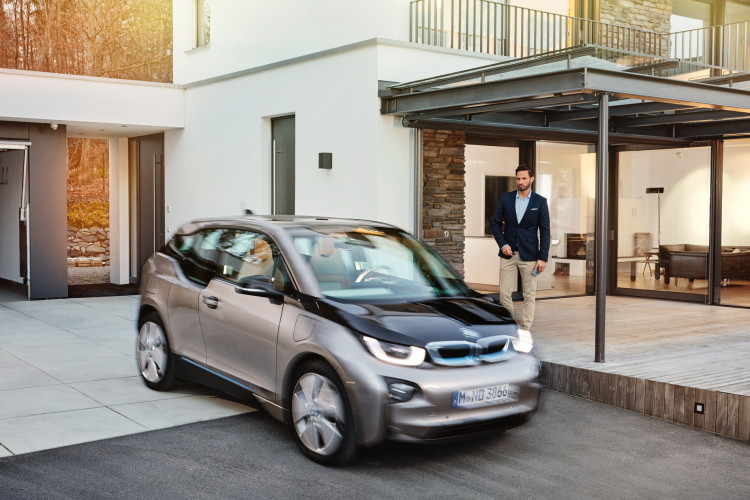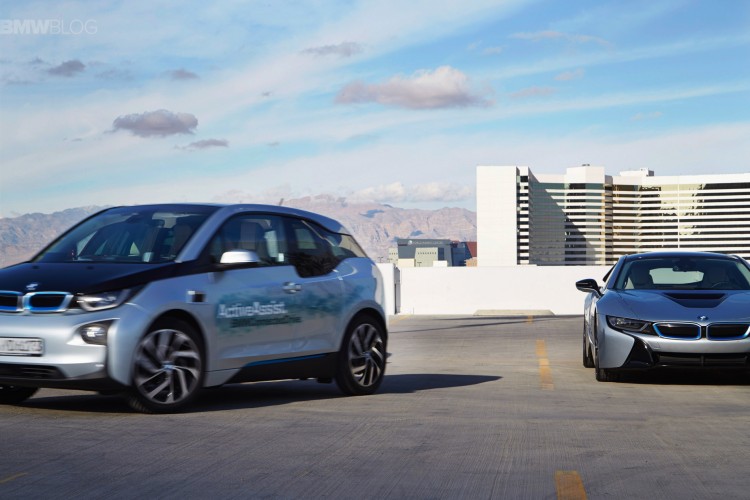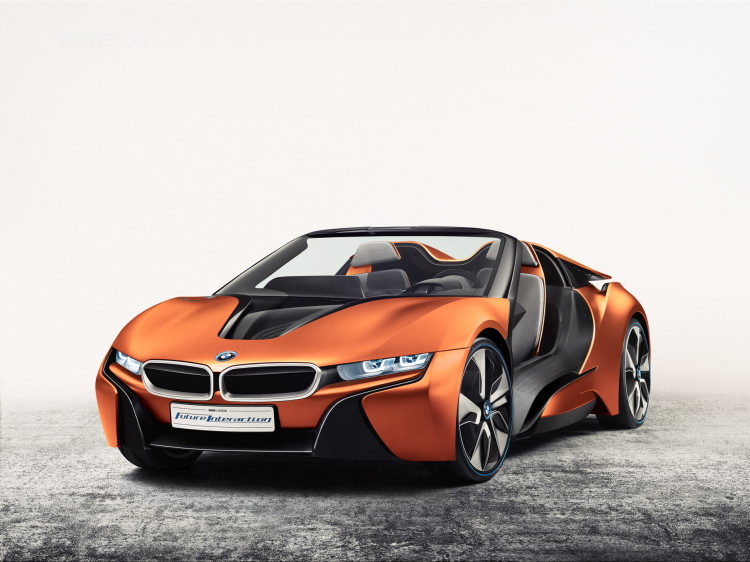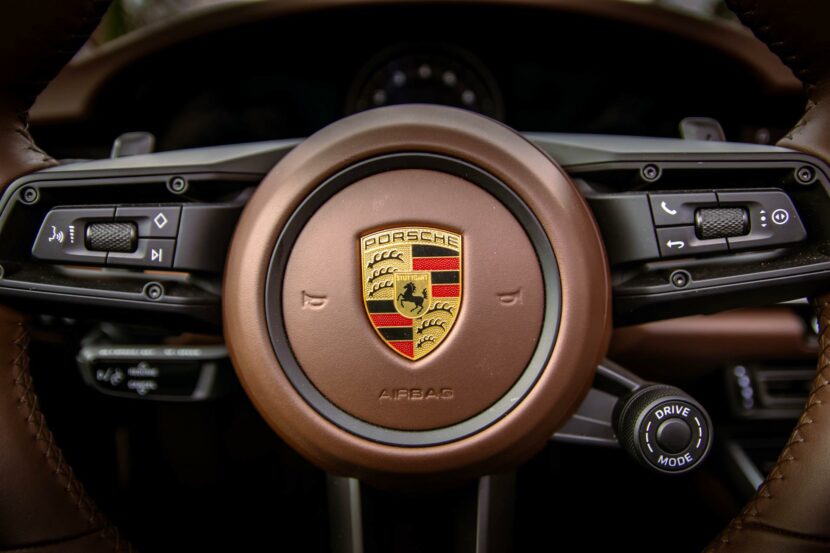If you haven’t already heard, automakers are pushing for more and more autonomy in the car world. It seems as if it’s happening so fast, as it feels like within only the past year that autonomous cars have gone from idea to reality. Tesla has autonomous functions, Mercedes-Benz does as well and BMW just previewed a world where a BMW owner’s entire life if basically controlled autonomously, at CES. So there’s no stopping the autonomy train now. Especially since BMW’s Head of Research and Development, Klaus Fröhlich, already says that artificial intelligence is already present in BMW’s vehicles.
Business Insider recently interviewed Fröhlich about the future of BMW, including the idea of self-driving cars. When asked how artificial intelligence will play a role in the future of BMW vehicles, Fröhlich said “They’re already there in our cars,” to which he continued, “But not in the magnitude that we would like to have it.”
BMW does already have a significant amount of autonomous driving technology. At last year’s CES, BMW demonstrated an i3 that could navigate a parking garage, park and then pick up its driver all on its own. The new 7 Series even has self-parking features in every market aside from the US. So the tech is already there. “Artificial intelligence and robotics are key elements to autonomous driving.”
However, he goes on to say that it needs to get far better in order to have fully autonomous vehicles driving around on the streets and that an extraordinary amount of computing power needs to be present. For instance, when you drive up to an intersection,” said Fröhlich.”You look out of the corner of your eye and you immediately know what you see is a human being and not a balloon.”
He continued to talk about how both software but the hardware needs to improve.”The sensors on the car sees only geometry,” he added. ” There needs to be a large amount of machine learning in order for the car to understand what it is seeing.” Fröhlich even talked about how machines and sensors may one day be able to understand human movement and behavior and how that could help in making self-driving cars. “Perhaps in the future, the car will learn to perceive if a person is behaving as if he is drunk.” Much of this data, though, will be run via Cloud, much like BMW displayed at the 2016 CES. “Although some of the machine learning will have to be done in the car, much of it will be cloud,” Fröhlich said.”For example, if I live in Las Vegas and I want to drive to Los Angeles, my car receive all of the data analyzed by the thousands of BMWs in LA and transmitted to the cloud,”
To get to this level, BMW must start to change the way it operates and crank up its technology R&D. At the moment, BMW’s R&D investments are 75 percent mechanical and 25 percent electronic. To get to a level where autonomous cars are more realistic, BMW is going to have to shift that to almost 50/50. “In the next five years, our R&D has to transition from mechanical engineering to that of a tech company,”
Fear not, though, as Fröhlich believes that the Ultimate Driving Machine experience won’t fade. Fröhlich believes that BMW customers will always want to drive on their own and that people, especially in the premium market, do not solely want autonomous pods. He claims that a certain amount of autonomy will be necessary in the future, such as in many European city centers. But people will want to drive outside of that. “People will drive until they reach a town and then hit a button to switch over to autonomous mode required by regulation.”
He also says that sports cars will stay with internal combustion engines, though combined with electric motors, for the foreseeable future. “All sports cars in the future will be internal combustion and electric hybrids,” Fröhlich said. “Because the energy density of the batteries will be so good that the battery’s weight disadvantage will disappear.” He also claimed that a pure BEV (Battery Electric Vehicle) sports car doesn’t make sense. “An electric vehicle relies on your average energy consumption and if you take on a track like the Nurburgring, you are looking at maybe one lap before you have battery degradation.” So sports cars will remain hybrids for as far as we can see, which should be good news to enthusiasts.
We all know that autonomous driving with electric mobility is the future of the automobile. We may not like it and we may kick and scream our way through the transition, but it’s coming. However, it just didn’t seem like it was coming so quickly. BMW already has much of the technology in place, it just needs some more fine tuning before it’s a reality. At least we’ll still have sports cars, though.
[Source: Business Insider]








































































